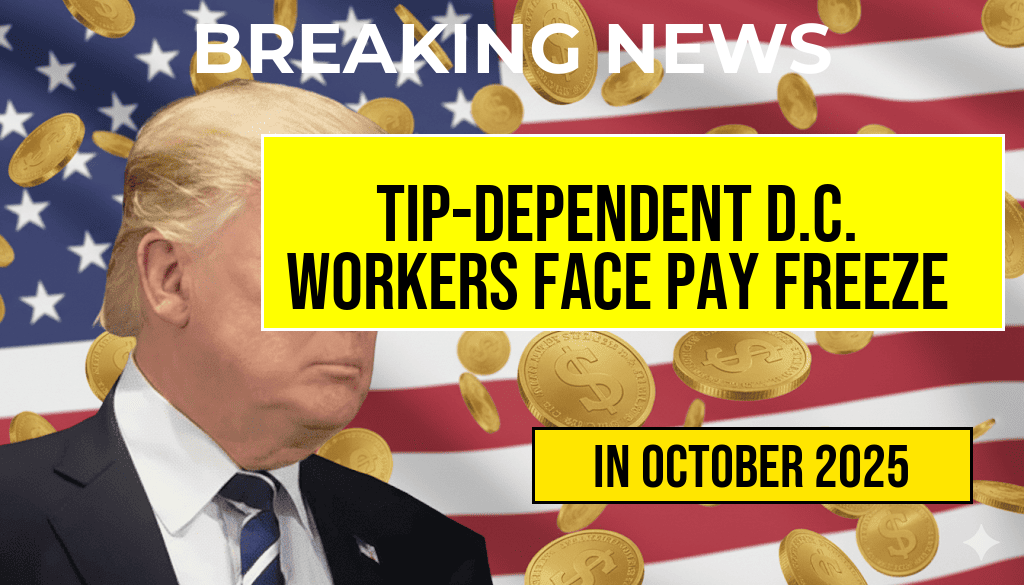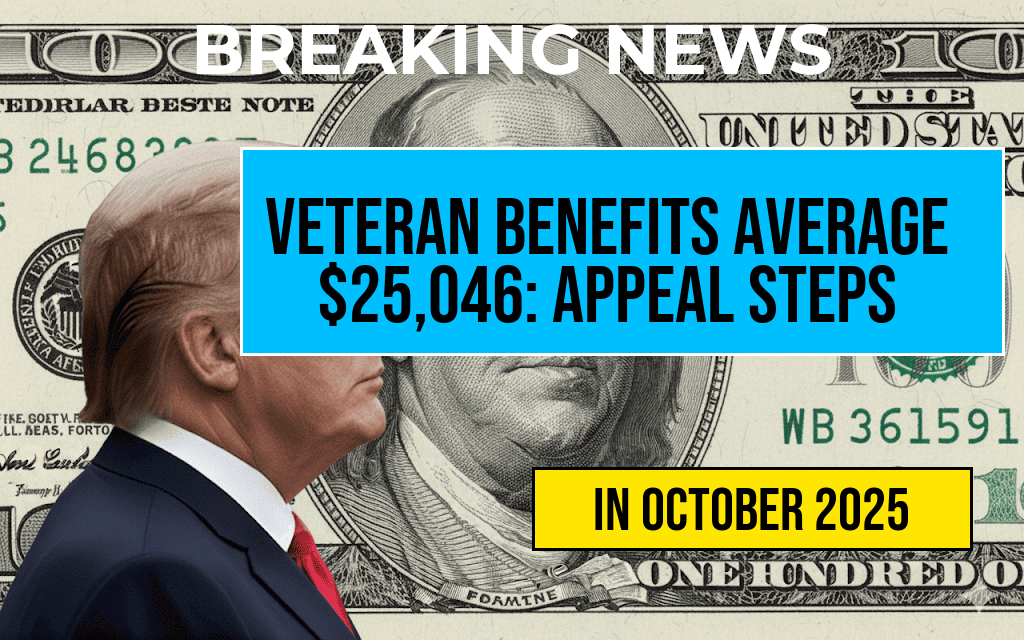In the heart of the nation’s capital, workers who rely heavily on tips for their income are facing a significant challenge as the D.C. Council has decided to freeze the base pay at $10 per hour. This decision comes at a time when many service industry employees, particularly those in restaurants and bars, already struggle with fluctuating earnings. The freeze is expected to impact hundreds of workers who depend on tips to make ends meet, potentially costing them hundreds of dollars each week. As the city grapples with rising living costs, the implications of this policy are drawing concern from employees, labor advocates, and economic experts alike.
Understanding the Pay Structure for Tipped Workers in D.C.
Tipped workers in Washington, D.C., are subject to a unique pay structure that allows employers to pay them a lower base wage, provided that their total earnings—including tips—meet the city’s minimum wage standards. Currently, the minimum wage in D.C. is $16.10 per hour, but the base pay for tipped workers remains at $10, significantly less than their non-tipped counterparts.
The Impact of the Freeze
The D.C. Council’s decision to freeze the base pay at $10 means that tipped workers will not see an increase to keep pace with inflation or rising living costs. Many employees are expressing concern about the long-term sustainability of their earnings, especially as expenses related to housing, food, and transportation continue to rise. The freeze could lead to:
- Reduced Take-Home Pay: Workers may miss out on potential earnings as the base pay remains stagnant.
- Increased Financial Pressure: With the cost of living increasing, workers may find it harder to manage their finances.
- Job Satisfaction Issues: Some employees may feel undervalued, leading to lower morale and higher turnover rates in the industry.
Voices from the Service Industry
Workers from various service sectors have voiced their frustrations regarding the freeze. Many are concerned that without a pay increase, their livelihoods will be adversely affected. “We’re already scraping by, and this freeze just makes it harder,” said Jamie, a server at a popular D.C. restaurant. “The tips aren’t always reliable, and government support should help us, not hinder us.”
Economic Perspectives
Economic experts argue that the decision to freeze base wages for tipped workers could have broader implications for the local economy. According to a study by the Economic Policy Institute, raising wages for low-income workers can stimulate economic growth, as these workers are likely to spend their increased earnings in the local economy. Conversely, keeping wages stagnant may lead to decreased consumer spending, which could hurt local businesses in the long run.
Comparative Wages Across the U.S.
| City | Base Pay for Tipped Workers | Minimum Wage |
|---|---|---|
| Washington, D.C. | $10.00 | $16.10 |
| New York City | $10.00 | $15.00 |
| Los Angeles | $15.00 | $15.00 |
| Chicago | $8.40 | $15.00 |
Future Considerations
As the D.C. Council considers the future of wage policies for tipped workers, advocates are pushing for a reevaluation of the current structure. Many believe that a higher base pay could lead to a more stable income for workers, ultimately benefiting the overall economy. “We need to find a balance that allows workers to thrive while still supporting the businesses that employ them,” stated a representative from a local labor union.
Conclusion
The decision to freeze the base pay for tipped workers in Washington, D.C. is a complex issue with far-reaching implications. As workers voice their concerns and economic experts weigh in, it becomes increasingly clear that the dialogue surrounding wage policies for tipped workers is far from over. The outcomes of these discussions will not only affect the lives of individual workers but also reflect broader economic conditions in the city.
Frequently Asked Questions
What is the current base pay for D.C. workers dependent on tips?
The current base pay for D.C. workers dependent on tips is set at $10 per hour.
Why is there a freeze on the base pay for tipped workers in D.C.?
The freeze on the base pay for tipped workers is due to ongoing discussions among lawmakers about the best approach to compensate these employees fairly.
How does the base pay freeze impact workers financially?
The base pay freeze can lead to workers losing hundreds of dollars weekly, as they rely on tips to supplement their income.
Are there any plans to change the base pay for tipped workers in the future?
While there are no immediate plans to change the base pay, discussions are ongoing, and future legislation may address the issue.
What can affected workers do to advocate for higher pay?
Affected workers can join advocacy groups, participate in public demonstrations, and communicate with their local representatives to push for higher pay and better working conditions.







